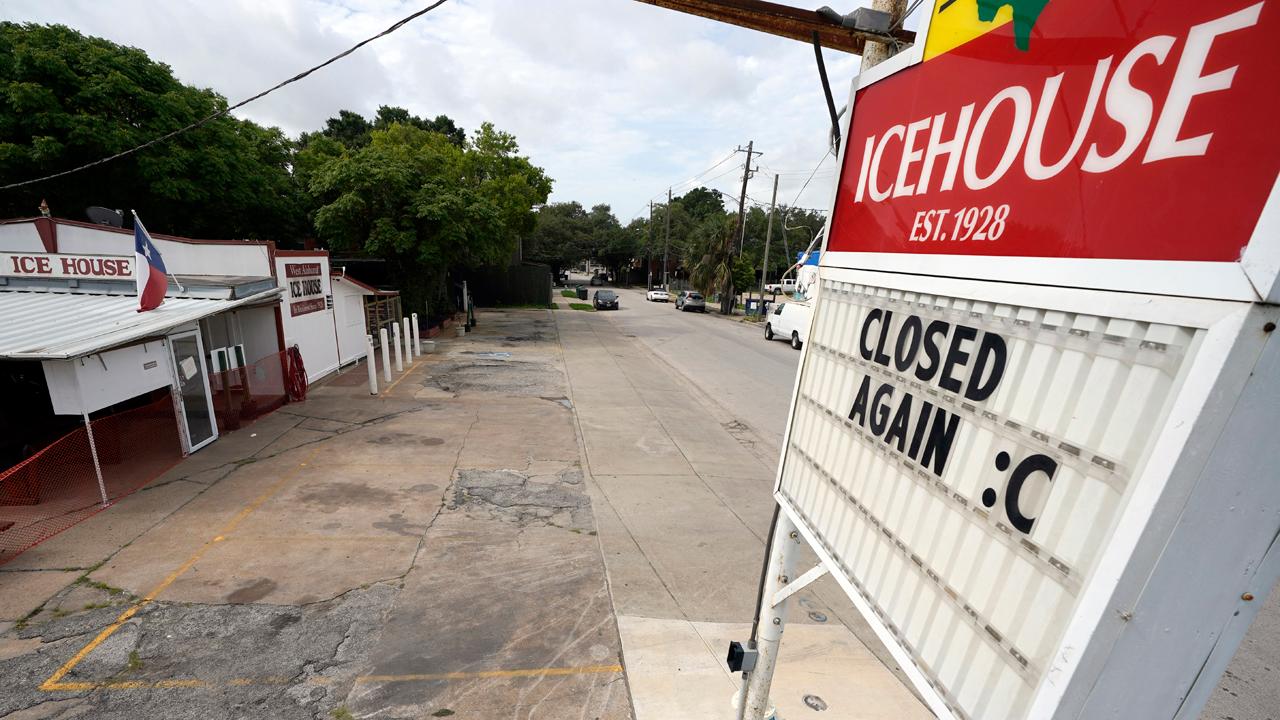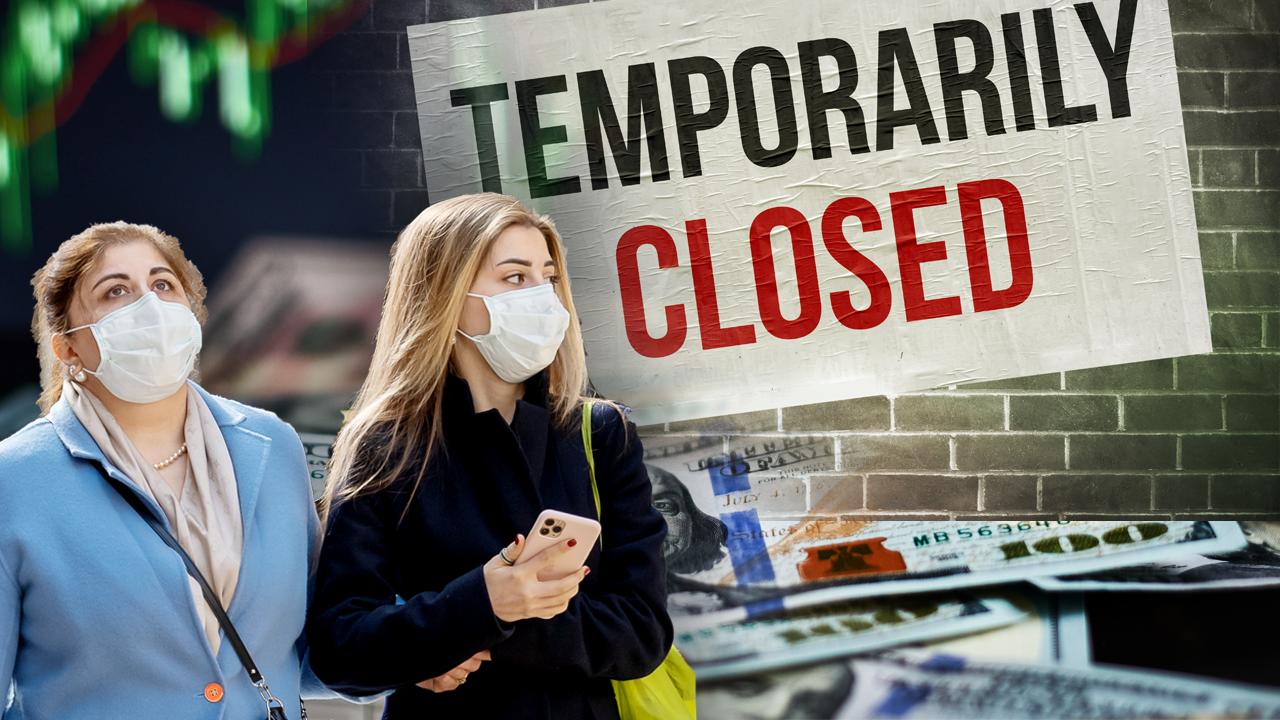In coronavirus economy, Trump administration pulling out all stops to help small business: SBA Administrator
The economic impact of the coronavirus pandemic has left America's small business sector battered and bruised but not defeated
The economic impact of the coronavirus pandemic has left America's small business sector battered and bruised but not defeated.
Despite painful drops in revenue, small business owners are remarkably optimistic about the future, with more than half expecting they will return to pre-pandemic levels of profitability in the second half of the year.
CORONAVIRUS PPP LOANS SAVED MILLIONS OF JOBS, NEW STUDY FINDS
The Trump administration’s objective is to help small businesses recover by alleviating and removing barriers that frustrate growth and hinder businesses’ ability to adapt to current challenges.
One of the reasons businesses are so optimistic about the future is the series of very decisive and consequential actions taken by the administration, beginning in March, to help reeling businesses weather the storm.
The Paycheck Protection Program has helped save nearly 5 million small businesses and 51 million jobs, making it one of the most successful disaster response efforts in history.
Over 2.5 million struggling small businesses were stabilized as a result of Economic Injury Disaster Loans, which injected more than $150 billion in liquidity into the small business sector at a time when it was needed most. These unprecedented federal response efforts helped small businesses survive the greatest economic disruption in memory. Experts predicted it would take years to fully recover from the pandemic, but already there are signs that the nation’s economy appears headed for a remarkable comeback.
TRUMP ADMIN RELEASES NAMES OF ALMOST 700,000 PPP BORROWERS
In May and June, more than 7.5 million of the 22 million jobs lost as a result of the pandemic returned – that's the greatest two-month jobs gain in recorded history. But there’s another reason for the optimism: small businesses are, by necessity, creatively pivoting during this season and training their employees with new skills to support changing business models.
At the direction of the president, federal agencies have already taken more than 700 deregulatory actions, including temporarily waiving and rescinding rules that create obstacles to job creation and growth.
I’ve witnessed these changes firsthand in recent weeks through scores of interactions I’ve had with small businesses across the country.
As small businesses and displaced workers continue to make improvisational changes to survive, the Trump administration is taking unprecedented steps to encourage innovative private-sector solutions through targeted deregulation.
At the direction of the president, federal agencies have already taken more than 700 deregulatory actions, including temporarily waiving and rescinding rules that create obstacles to job creation and growth.
FULL ECONOMIC RECOVERY HINGES ON VIRUS CONTROL, POWELL SAYS
Simply put, rolling back these unnecessary regulations means entrepreneurs get to keep more of their hard-earned profit and workers’ wages increase.
But there is more that can and should be done by policymakers to help displaced workers and job creators regain their footing. Far too many unemployed workers and struggling entrepreneurs find it too expensive and impractical to seamlessly integrate into a different state because of the confusing patchwork of state occupational licensing rules. These rules create barriers to full employment. “Just because somebody packs up that moving van in Chicago, Illinois, they don’t lose their skills on the way to the state of Arizona,” said Arizona Governor Doug Ducey last year, in successfully arguing for Arizona recognizing out of state licenses.
GET FOX BUSINESS ON THE GO BY CLICKING HERE
“Why should somebody have to suffer the burden of thousands of dollars or weeks or months of recertification in a skill they already have?” State-specific occupational licensing rules have been particularly harmful to military spouses.
More than a third of active-duty military spouses have experienced a relocation within the past year, but they are frequently unable to transfer occupational licenses from state to state.
According to the Department of Defense Office of People Analytics, 40 percent of active-duty spouses have had to wait seven months or more to find employment after their most recent move.
The Small Business Administration, along with other federal partners such as the Department of Labor and the Department of Commerce, is working with state and local officials to advance the Governors’ Initiative on Regulatory Innovation, so more military spouses can seamlessly integrate their business from state to state.
Missouri and Iowa have recently followed Arizona’s lead in passing strong interstate license recognition measures. Regulations – no matter how well-intentioned – impose costs on businesses, and that’s especially true for very small businesses.
Businesses with fewer than 50 employees spend 20 percent more on compliance costs than businesses overall. With millions of American jobs and small businesses reeling from the effects of the pandemic, the White House is pulling out all the stops to eliminate barriers to growth and accelerate economic recovery.Jovita Carranza is Administrator of the U.S. Small Business Administration.





















